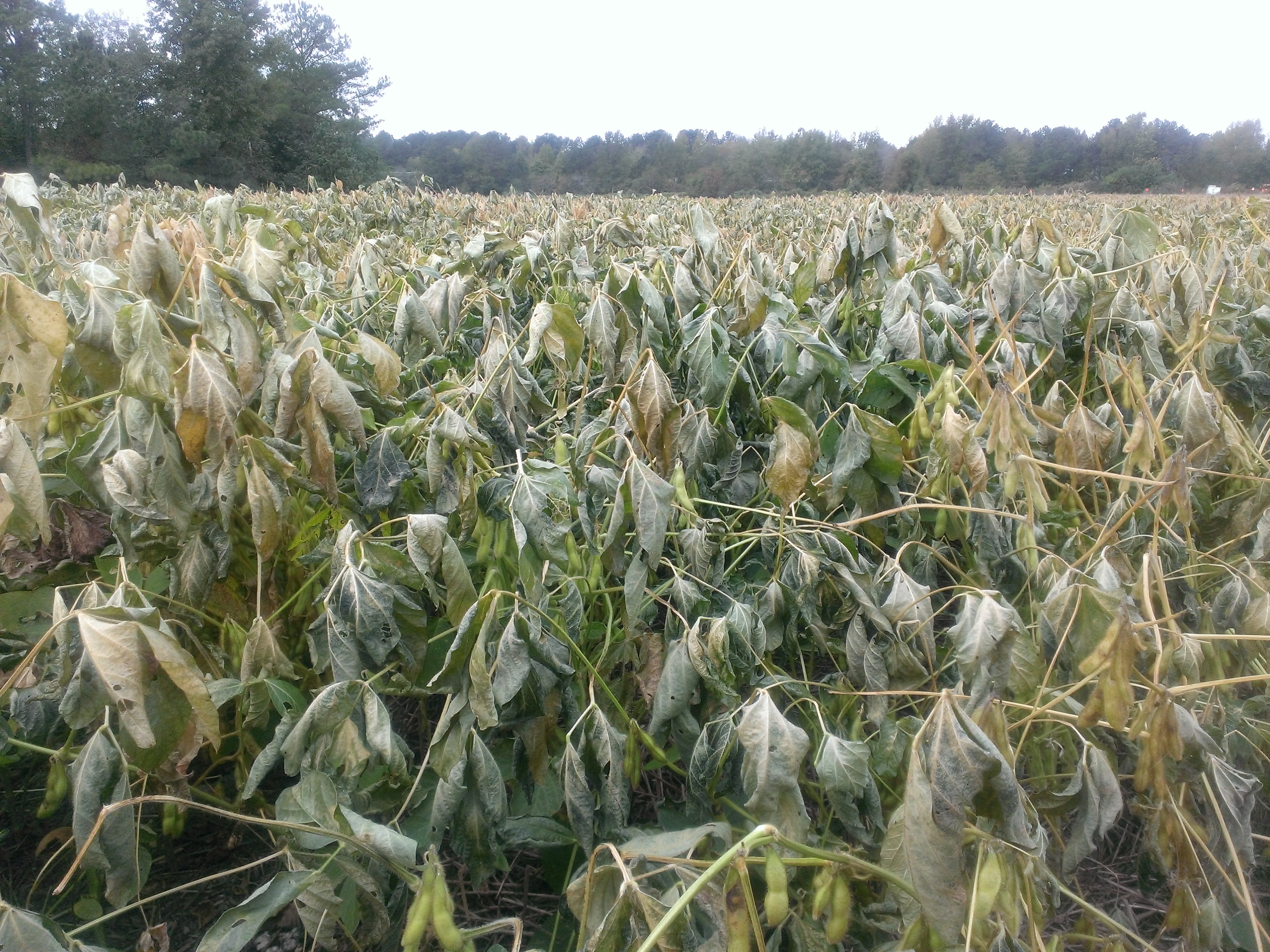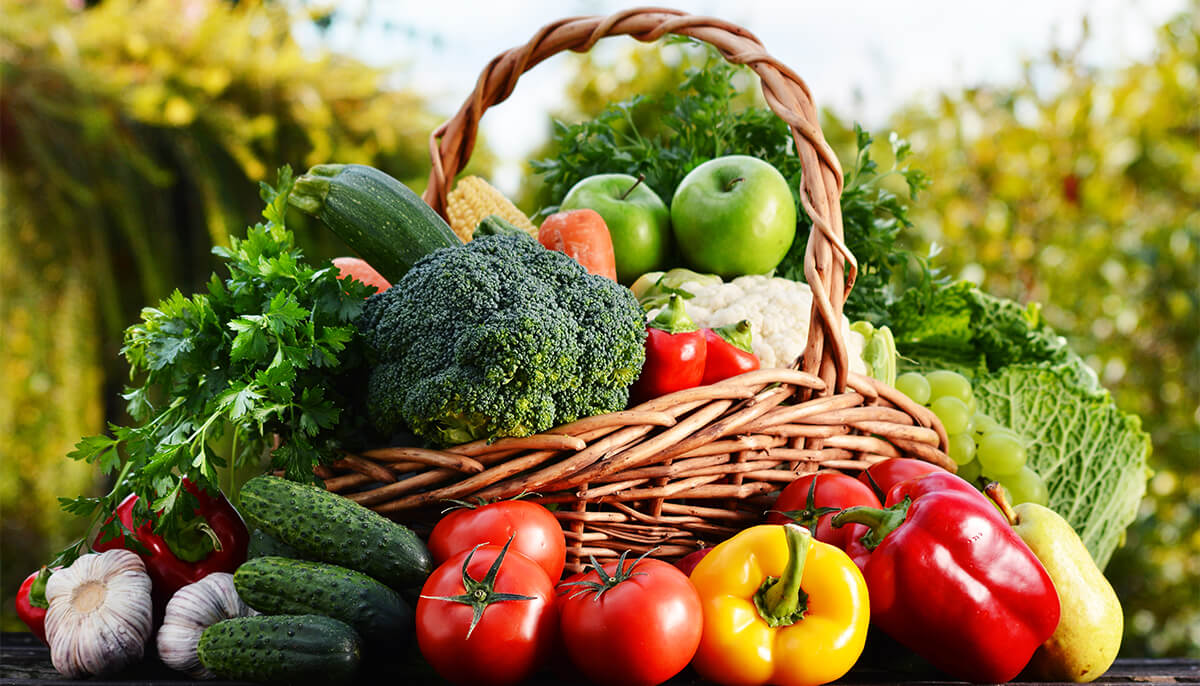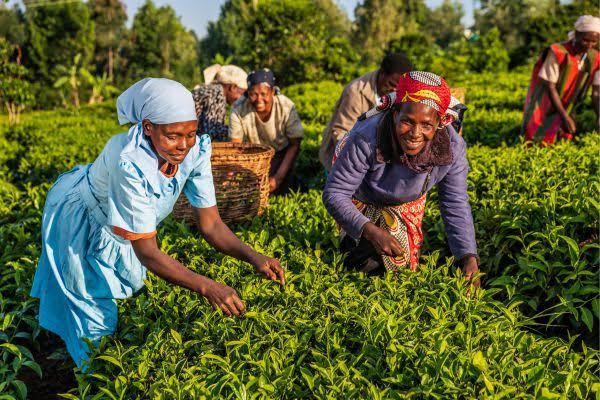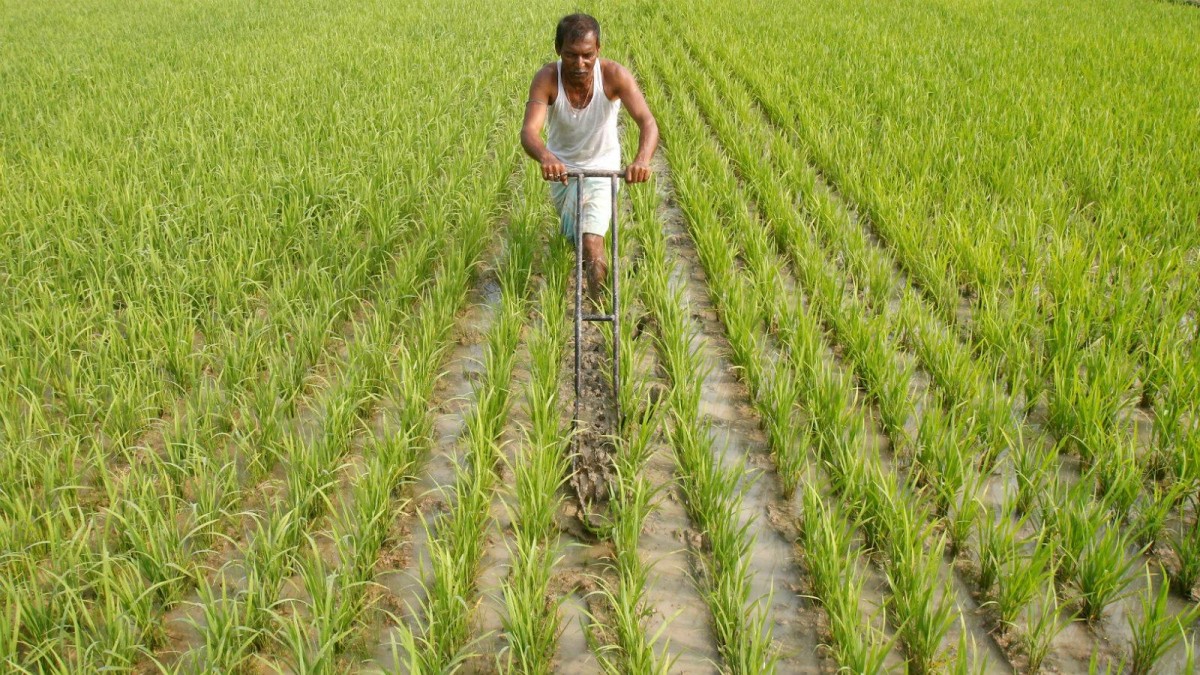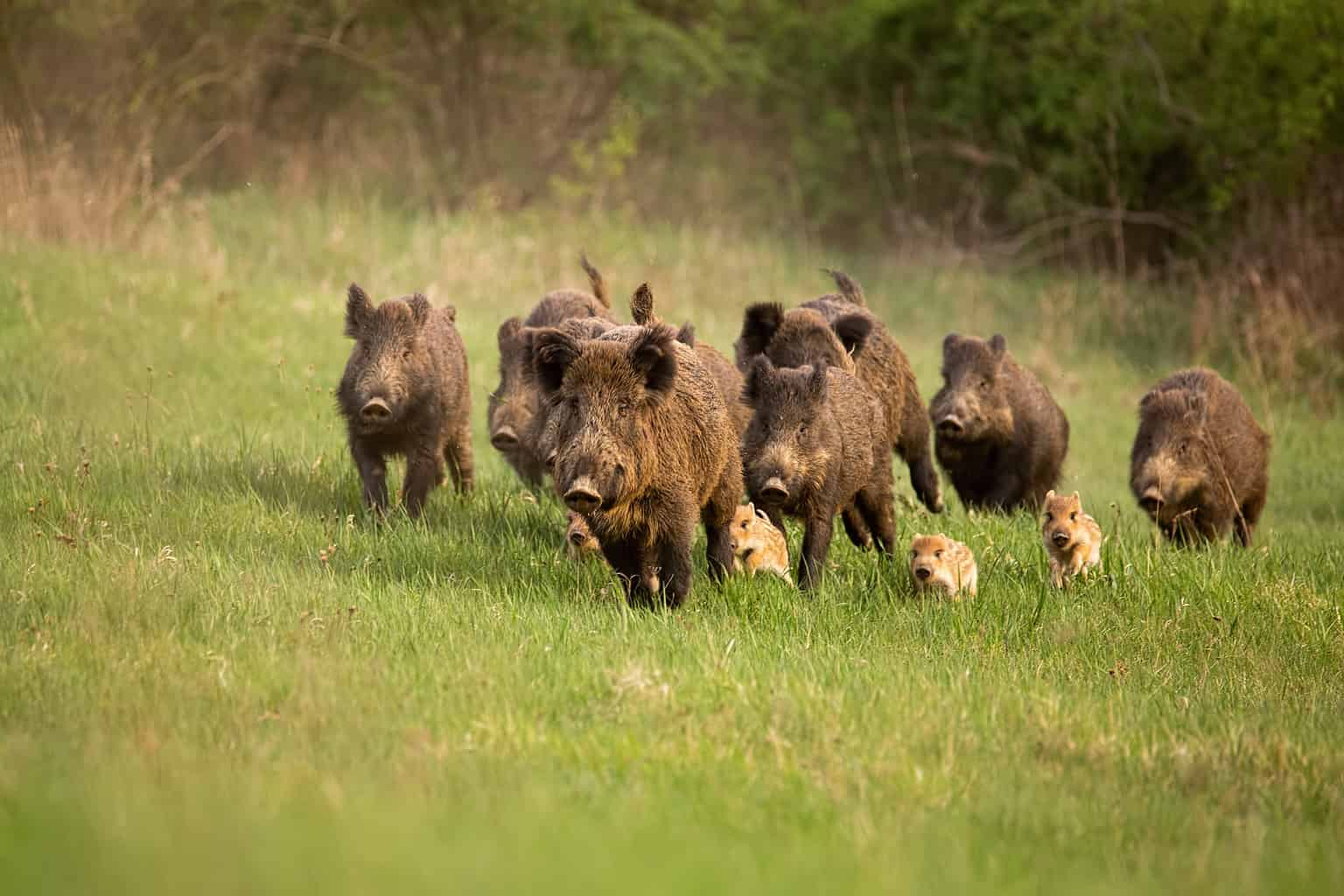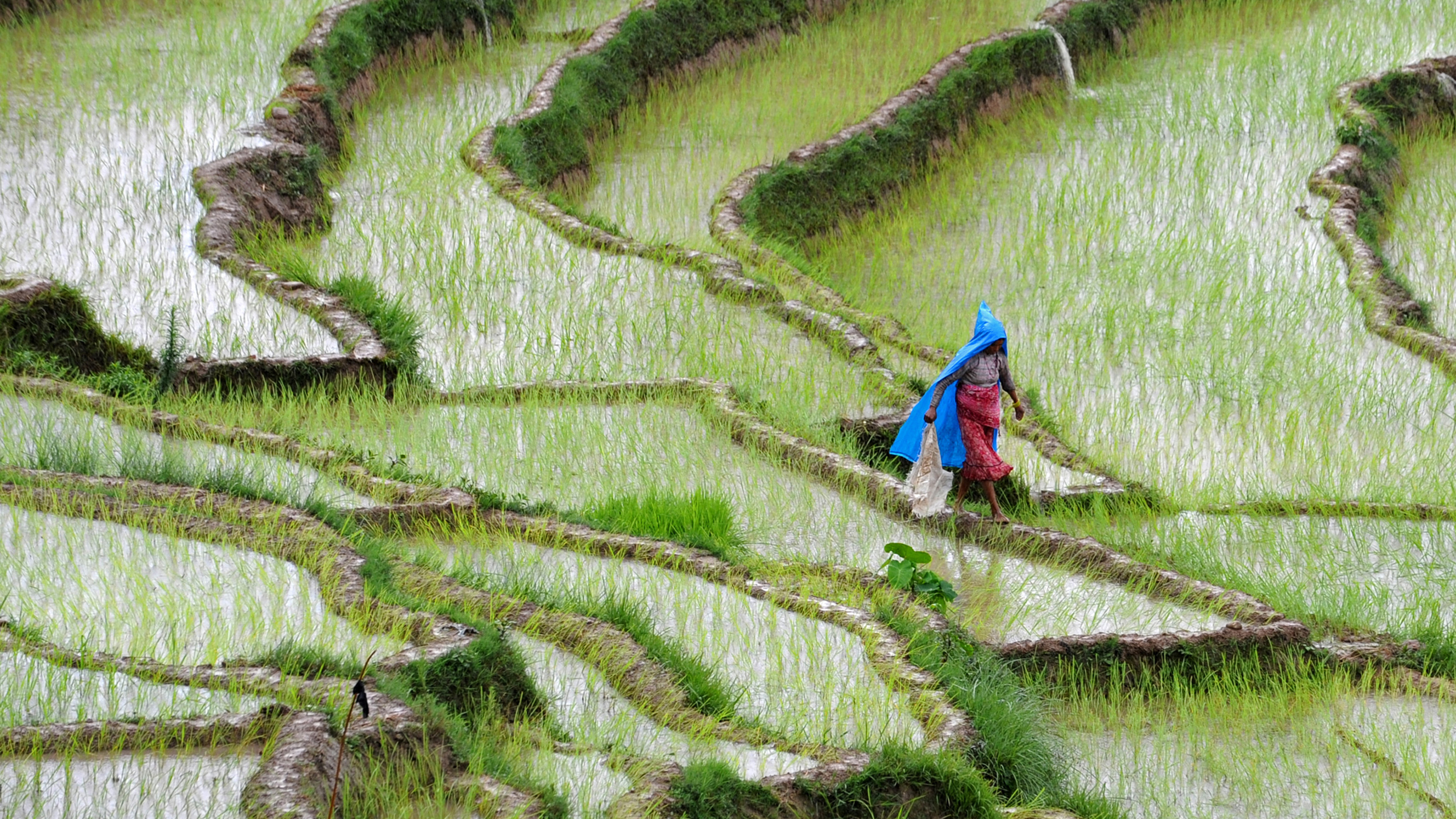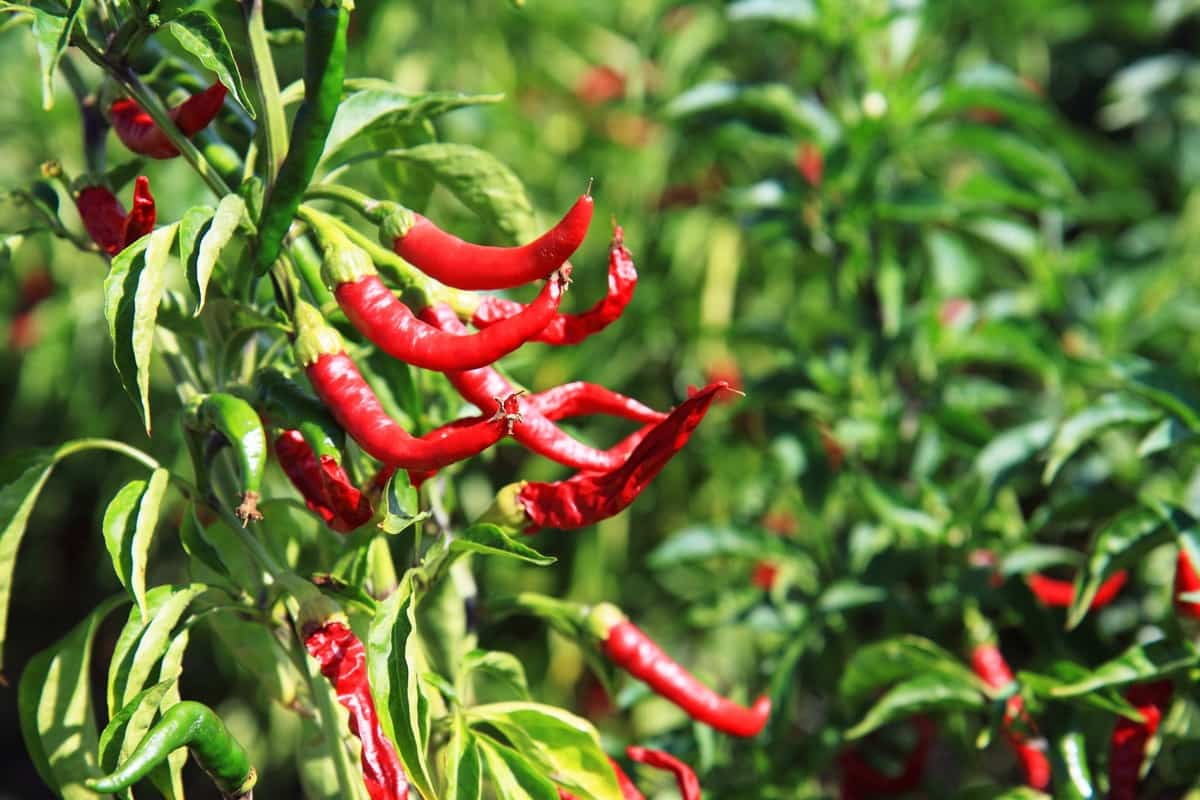In Madhya Pradesh, the recent onslaught of hail, frost, and excessive cold has wreaked havoc on Rabi crops such as wheat, gram, peas, and lentils. A preliminary survey conducted by the government has revealed distressing numbers, with over 3,000 farmers across 34 tehsils reporting crop damage.
Wheat fields have suffered damage ranging from 20-50 per cent, while pulses like gram and lentils have been wiped out entirely. Pea crops share a similar fate. Many crops withered away in the fields, failing to blossom or bear fruit. Farmers recounted tales of despair as their hard work is undone before their eyes.
Grappling with significant losses, many cultivators have driven tractors on Rabi crops standing in the fields. Many had earlier incurred losses during the Kharif season too with soybean and paddy crops, compelling them to take loans for Rabi cultivation.
State Revenue Minister Karan Singh Verma, addressing the Assembly on February 14, 2024, acknowledged the widespread damage. The affected tehsils span Balaghat, Katni, Narsinghpur, Seoni, Dindori, Mandla, Satna, Singrauli, Panna, Anuppur, and Chhatarpur districts. However, these figures are likely to rise as the survey progresses.
Farmers have demanded fair compensation based on actual losses, urging against any form of discrimination.
Surajbali Jat, a farmer from Chapadagrahan, Narmadapuram, recounts the distressing situation on his 35-acre land. The farmer invested substantially in gram and wheat crops for the Rabi season, but his efforts were thwarted by late December and early January fog, resulting in 50 to 70 per cent losses.
Gram crops were initially promising, so Jat planted them on 11 acres. But then it succumbed to cold and fog during the crucial flowering stage, with blight affecting 70 per cent of the plants.
“I spent Rs 15,000-18,000 per acre on planting gram, which is totally lost. On a few plots growing gram, farmers had to run tractors on the land even before harvesting. The wheat crop has also turned yellow at many places and the grains will be affected,” the farmer said.
According to Jat, soybean and paddy crops planted during the Kharif season were also damaged. The crop was fine at first, but as it was about to ripen, it rained continuously, causing the soybeans to turn yellow and dry up in the field.
Soybean production, which used to be around 8 to 10 quintals per acre, has been reduced to just 3 quintals in the region, the farmer said. As it did not cover the cost, Jat took a loan at a rate of 8 per cent interest to plant Rabi crops.
Kisan Kumar Verma, a farmer hailing from Narsinghpur district, manages a 12-acre farm. He dedicated 1 acre to lentils, 3 acres to gram and the remaining land to wheat crops. Unfortunately, his wheat crops incurred substantial losses, reaching 70 per cent, due to excessive fog.
The intense cold and fog led to stunted ears in the wheat and the lentils completely dried up. The gram crops, affected by blight, failed to flower. Verma had to run his tractor over the crops before they could be harvested.
The farmer reported that he incurred expenses ranging from Rs 12,000-15,000 per acre for wheat, Rs 18,000-20,000 per acre for gram, and Rs 8,000 per acre for lentils. However, an official survey is pending.
Other farmers in the district said they had previously planted green peas for sale, but the crop spoiled in the first week of January. Subsequently, they also experienced losses in the lentil crop. Farmers expressed concern that the remaining crops have suffered significant damage, and a decline in overall production seems inevitable.
In Dhar district, there is no damage to wheat, but gram is completely ruined.
Mukesh Bhadauria, a farmer in Dhar district, owns a total of 4 acres of land where he cultivated gram and wheat. The region experienced sporadic rains in December and January, resulting in the devastation of the gram crop. Fortunately, the wheat crop remained unaffected.
Bhadauria sowed gram on 2 acres, incurring an expenditure of Rs 15,000. As of now, the survey team has not conducted their assessment, and the farmer has already ploughed over the failed gram crop.
Vegetable crops also affected
Vegetable crops have faced significant damage from hail, frost, fog, and cold, with no relief in terms of cost coverage.
Roop Singh Rajput, an organic farmer from Gram Panchayat Rohna in Narmadapuram, grew wheat on 3 acres, gram on half an acre and another half acre was used for vegetable crops such as cabbage, tomato, beans, coriander and chillies. All these crops incurred losses of up to 50 per cent due to the January fog.
While a Patwari (a government official who keeps records regarding the ownership of land) has surveyed the wheat crops, there has been no assessment of the other crops so far.
“I spent Rs 15,000 per acre on wheat cultivation and Rs 18,000 per acre on gram,” said Rajput. Additionally, he had cultivated paddy crops during the Kharif season, but they also suffered damage from insufficient rainfall initially and excessive rainfall later on, resulting in further losses.
Source - https://www.downtoearth.org.in


